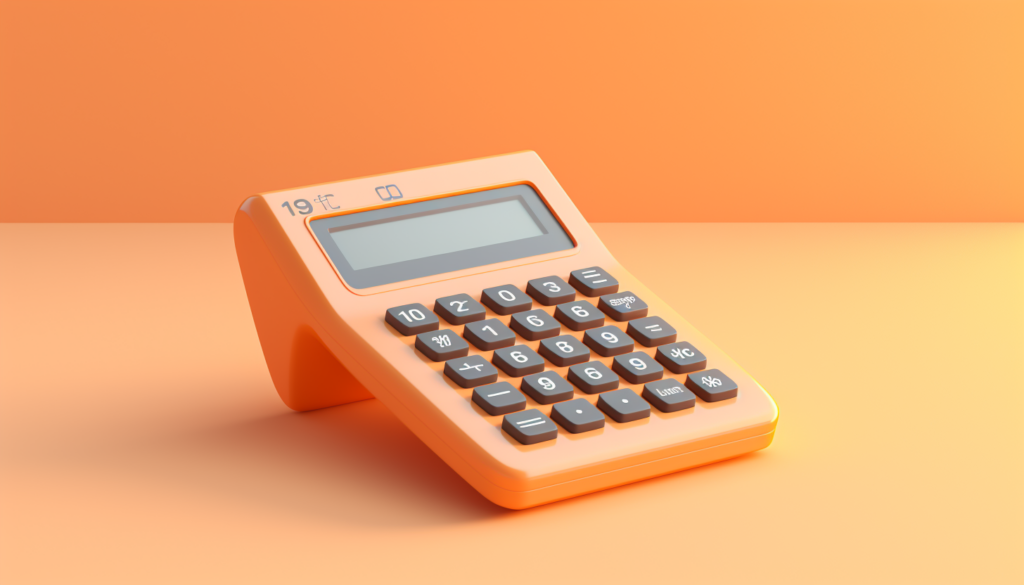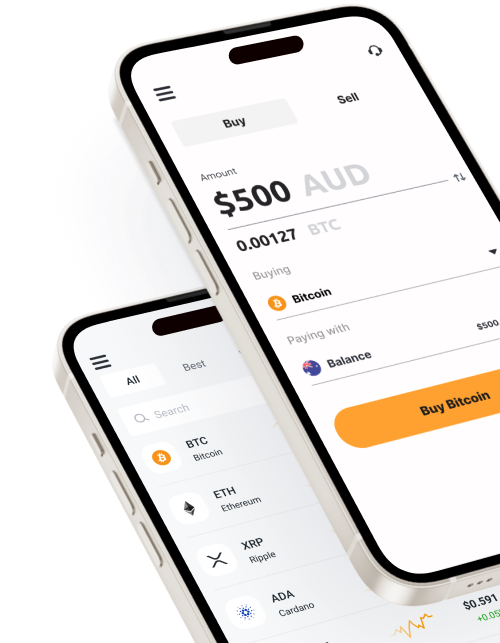
It is tax season again, and with more than 1 in 4 Australians now owning crypto, the Australian Taxation Office (ATO) has been cracking down hard on crypto investors. They’ve sent hundreds of thousands of letters warning people about their crypto tax obligations and even had messages appear as a reminder when investors are preparing their tax returns, stating that they may have capital gains or losses from crypto to declare. Despite this crackdown, a lot of people are still confused about what is going on and whether or not they have crypto taxes due.
Is Bitcoin taxed?
If you are an individual and dispose of cryptocurrency, this is usually considered a tax event. To calculate your capital gain, you take the cost of the Bitcoin in AUD at the time of purchase and subtract that from the proceeds you made at the time of sale in order to calculate your profit or loss. For example:
- Sally buys 2 BTC on Monday for $5,000 each
- Sally sells 1 BTC on Wednesday for $6,000
- Sally records a gain of $1,000 and still has 1 BTC left in her wallet
What if I traded Bitcoin for another cryptocurrency?
If you traded Bitcoin for another cryptocurrency, that is considered a disposal (i.e., capital gains tax event) by the ATO as stated here:
“When you exchange or swap one crypto asset for another crypto asset, you dispose of one CGT asset and acquire another. Therefore, a CGT event happens to your original crypto asset.”
You can read more about how cryptocurrencies are taxed in this crypto tax guide.
What if I used Bitcoin for personal use?
According to the ATO, a capital gain on the disposal of a cryptocurrency is disregarded if both:
- It is a personal use asset
- You acquire it for less than $10,000
As seen here, a crypto asset is considered a personal use asset if you keep or use it mainly for personal use. For example:
- Dave wants to attend a crypto event that is selling tickets for $300. However, the $300 must be paid in Bitcoin
- Dave uses $300 in fiat currency to buy $300 worth of Bitcoin, which he then uses immediately to pay for the tickets
- In this case, Dave acquired and used the Bitcoin in a short period of time to buy personal items – therefore, the Bitcoin is considered a personal use asset
So when are crypto assets not considered personal use assets? Well, if they are used as an investment (e.g., holding for long-term price appreciation), for business purposes or if you acquire the crypto asset for more than $10,000 as mentioned above.
If you have made any gains from Bitcoin while holding it before using it as a personal asset, those gains will probably be taxable. You need to check with a tax agent if you can claim on the personal use rule.
Is Bitcoin treated as a currency in Australia?
The ATO guidelines classify Bitcoin as property (as opposed to a currency), and is therefore subject to the same tax rules as assets. This means that transactions involving the disposal (i.e., sell) of Bitcoin may trigger a capital gains tax event.
I thought Bitcoin was anonymous. How will the ATO even find out?
Since 2019, the ATO has implemented a data-matching program to collect information from crypto exchanges and cross-reference it with taxpayer records in order to identify any inconsistencies. This aims to ensure that investors stay compliant with their crypto tax obligations while also discouraging tax evasion.
Remember that the ATO can also track your on-chain activity (e.g., when you transact on the Bitcoin blockchain) as those transactions are publicly available and permanently inscribed on the blockchain. Data-tracking companies such as Chainalysis have built advanced software that analyses these transactions and can be used to identify people avoiding taxes.
Okay, so I have some taxes to pay. What do I need to do?
The ATO requires you to keep some very specific records that can be found here. Importantly, every transaction requires you to record the “value of the crypto asset in Australian dollars at the time of each transaction”. This means that if you sold BTC for some altcoin on a foreign exchange, you need to be able to record this transaction in AUD at the time of sale (if needed, you can use the daily foreign exchange rates from the RBA). Constantly calculating these forex conversions can be an arduous process, so try to use software to your advantage where you can.
Once you have these records ready, you can calculate your capital gains and send all this information to your accountant.
This sounds like a nightmare. How can I manage my crypto taxes?
If you are like most people, you probably started using Bitcoin a few years ago and might have hundreds or even thousands of transactions to record. Fortunately, you can use Crypto Tax Calculator to import all your transaction history and help categorise everything.
Bitcoin.com.au has partnered with CryptoTaxCalculator this tax season to offer users a 20% discount on all subscriptions. CryptoTaxCalculator’s yearly subscription covers all previous financial years, so if you need to amend your tax return from previous years, that is all covered. Simply follow these steps to import your wallet information and get on top of your crypto tax return.
- Follow the steps to import your wallet information here
- Select a plan which suits you and enter BITCOINAU20 at checkout to get a 20% discount off your first year
- Expires 31st August, 2023
About the Guest Author

Shane Brunette is the founder of CryptoTaxCalculator – Australian-made crypto tax software that helps you automate your cryptocurrency tax return. ***


